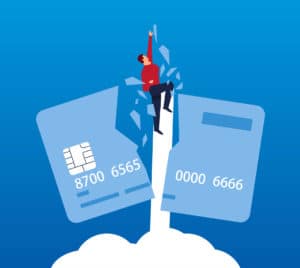Property Division and Debt Division in California Divorces: Learn Why the Courts View This Process
Posted on: November 12, 2019
Every state has its own laws about how property and debt are handled when a couple divorces. In California, we are a community state. This means that any debt or property that is acquired during the marriage is equally owned between both partners – unless a valid prenuptial agreement is in effect. Keep reading to learn more about property and debt are divided and then contact Law Office of Michael L. Fell for a free legal consultation.
The Definition of Property
The first thing to understand is what the courts consider property. This includes “anything that can be bought and/or sold.” Property can also be used to refer to anything that has monetary value. For example, all of the following are types of property: Homes, boats, vehicles, clothing, furniture, RVs, cash in bank accounts, pensions, businesses, patents, retirement accounts, life insurance with cash value, stocks, land, pensions, and real estate.
Debts Are Treated the Same Way Property is Treated
Property belongs to both spouses as long as it was obtained during the marriage and was not a personal gift to one spouse. Likewise, debt belongs to both spouses if the debt was obtained during the marriage. Unless you have a formal agreement signed by both of you, the judge will consider you both responsible – even if you had an oral or causal agreement in place.
Understanding the Difference Between Community Property and Separate Property
California, along with several other states, is a community property state. This means that all property obtained during the marriage belongs to both parties – regardless of who is on the title and who earned it. There is one exception: Inheritances or gifts to one spouse. Debt is also community debt, no matter how racked it up.
Even if your spouse took out a credit card in just their name and you were not involved at all, the debt is half your responsibility. There is one main exception: If you can prove that your spouse spent the money just to spite you or to get revenge. The judge can then label it a “wasteful dissipation of marital assets,” and you may not be responsible for it.
Your Separate Property Will Not Be Divided During the Divorce
Separate property remains just that during a divorce: Separate. This includes property that one partner owned before the marriage, gifts, and inheritances. If a person uses their separate property to purchase property, that purchased property remains separate property.
This can be a complicated process, but the good news is that you have an experienced family law attorney who can help you through it. Call Law Office of Michael L. Fell now at (949) 585-9055 to request a free case evaluation.





